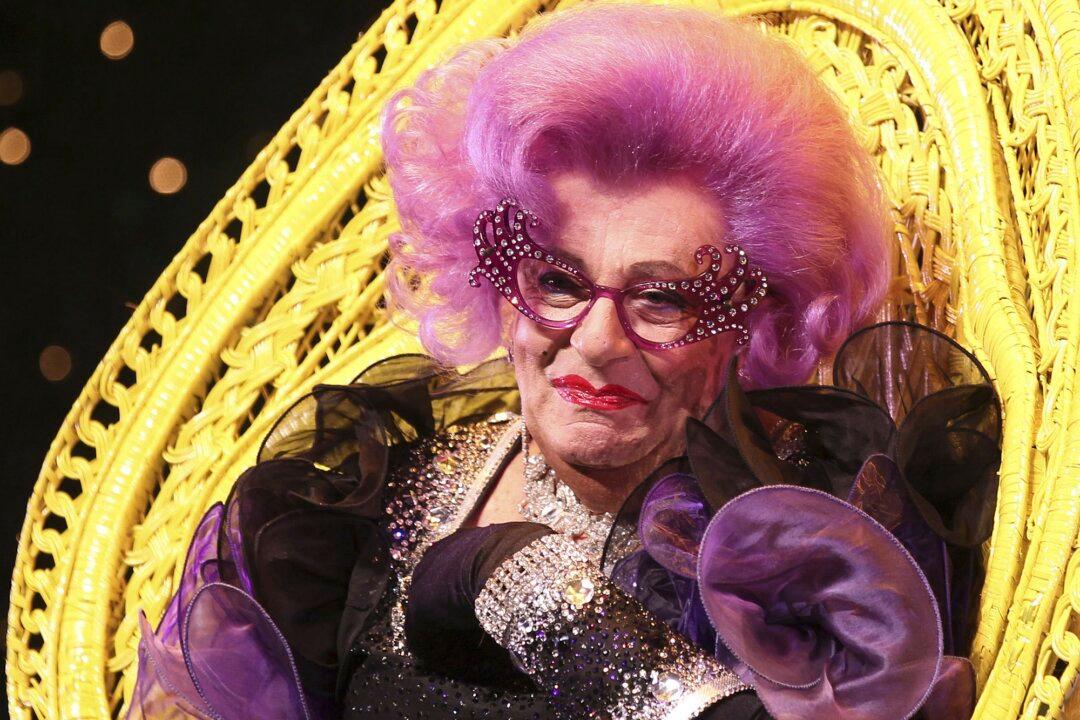Commentary
If ANZAC Day is secular Australia’s one day of “religious observance,” Barry Humphries might have been one of our only secular patron saints, embodying the culture’s virtues, or at least what we thought were our virtues.

If ANZAC Day is secular Australia’s one day of “religious observance,” Barry Humphries might have been one of our only secular patron saints, embodying the culture’s virtues, or at least what we thought were our virtues.